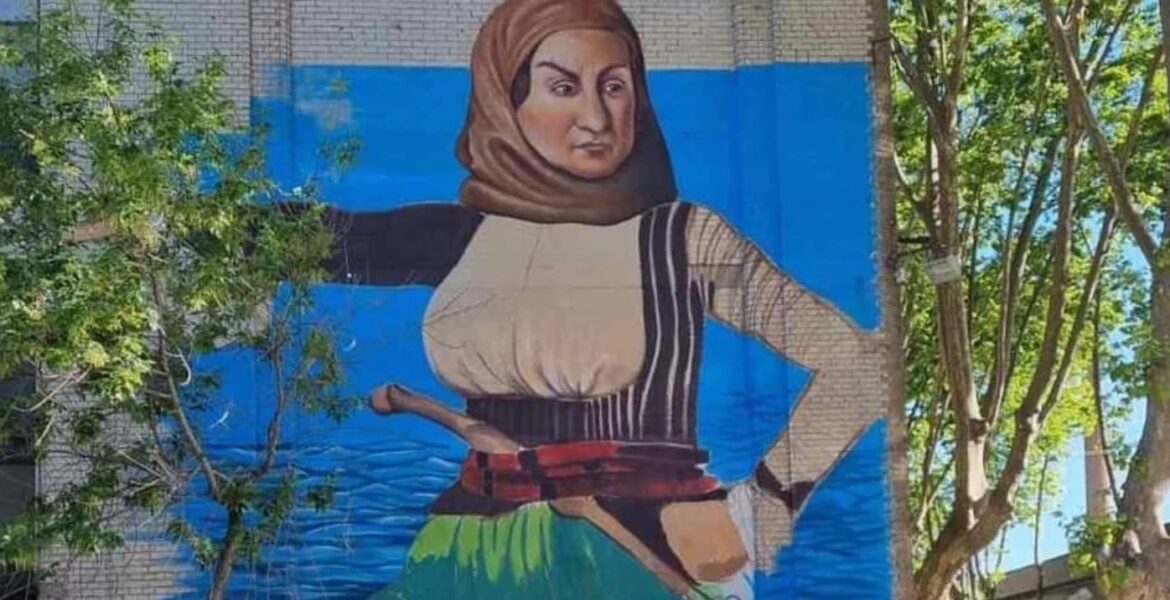In the small country of Uruguay and its 3,500,000 million inhabitants, at least 6,000 people speak Greek fluently. In fact, many of them know ancient Greek history, while several streets and squares have Greek names. Also, statues of ancient philosophers adorn the country's public buildings!
The Greek Community of Uruguay was founded in June 2016 and was the first officially recognised organised structure of Greeks in South America. The citizens do not define themselves as "Philhellenes" but as "Greek supporters".
According to a Eurostat survey, the largest percentage of Uruguayans answered that they culturally identify with Europe and that the first country that comes to their mind is Greece.
Athens is the protagonist
On the facade of a neoclassical building, it says "Athenian", while, in a park called Athens and located on the coast of the capital, there is a bust of Homer.
Uruguayans also have knowledge of the modern Greek world of letters and arts. In every bookstore in the country, even the smallest, there is always everything by Nikos Kavadias, Cavafy and Ritsos, as reported by ellines.com.


It is characteristic that in Montevideo, 23 streets have borrowed their names from ancient philosophers, while the most central street is also called "Grecia".
Two squares of the capital have been named "square of Athens" and "square of Greece". The statue of Socrates adorns the National Library of Montevideo entrance, which has been built according to the ancient Greek Doric architectural style.
They also celebrate our national holidays.
There is even a public school in the country called "Grecia", all of whose students are Uruguayan children. In fact, every March 25 and October 28, they celebrate the national holidays of the Greeks, holding school events, singing and reciting poems.
The students of "Grecia" have also learned the National Anthem of Greece, and as it seems short compared to the Uruguayan one, they have memorised more stanzas of the "Hymn of Freedom" by D. Solomos!
READ MORE: Montresta: The Hidden Greek Village Of Sardinia.


